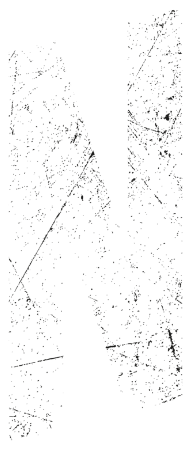
Subscribe to the Noirwich network and be the first to get the latest news about Noirwich. We'll tell you when new events are taking place and let you know about new interviews and articles.
Subscribe
Waterstones

National Centre for Writing
